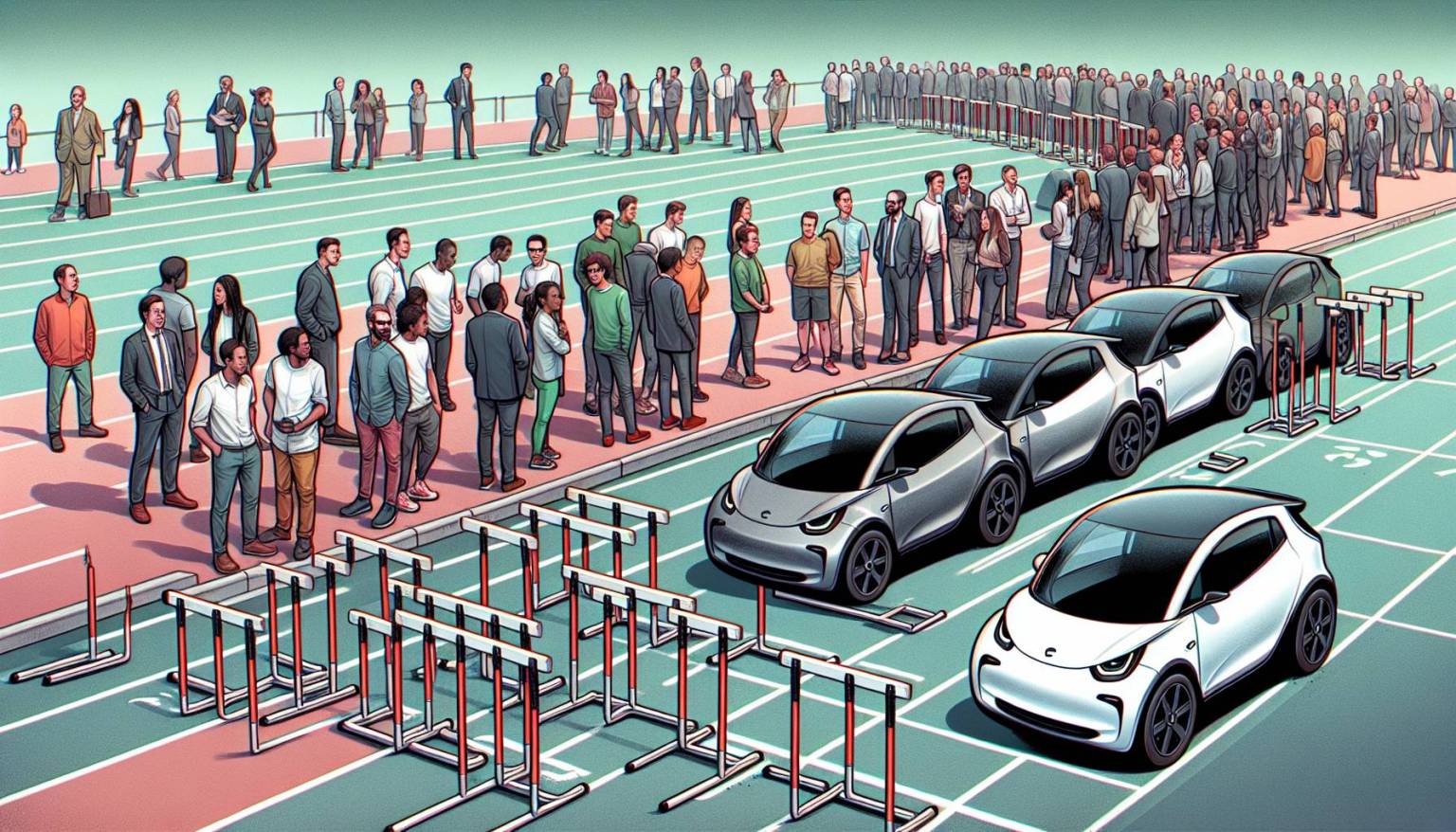Former Ford CEO Mark Fields forecasts notable financial struggles for EV startups because of the slower than anticipated adoption rates for electric vehicles. He pinpoints that numerous early adopters drawn to the novelty and environmental gains are leaving the market. The challenge thus lies with the manufacturers having to appeal to practical-minded mainstream consumers.
Fields emphasizes various barriers facing the adoption of electric vehicles. These include longer charging times, limited charging stations, high repair costs, and uncertainties regarding resale value. Concerns about battery life and their potential impact on the environment also deter consumers. Further fears arise on the consequences when batteries eventually fail and the high upfront purchase price.
Ford’s surge in hybrid sales has led to the unveiling more hybrid models and a reduction in progress within the EV sector due to weak sales figures. Fields envisions a future saturated by EVs, despite recognizing a potentially elongated transition period presenting financial challenges to startups.
Startups like Fisker and Rivian are already displaying signs of strain. Fisker, facing potential bankruptcy, has drawn in restructuring advisors after a major 50% slump in share price. Rivian, backed by Amazon, has had to postpone factory plans to curb billion-dollar losses, but was successfully able to alleviate sustainability concerns among investors.
Similarly, Lucid Group’s market cap has dipped from a record $91.4 billion in 2001 to a mere $6.2 billion recently. The firm attributes this sharp decrease to a host of issues, such as significant supply chain disruptions and a global chip shortage. On the back of these persistent challenges, Lucid Group’s stock is underperforming, leading investors to question the company’s future viability.
The route towards success for EV startups is certainly more complex than originally anticipated with the industry keenly observing how these businesses navigate impending obstacles. Despite the numerous challenges, it is essential not to underestimate the transformative capability these EV ventures possess in restructuring a traditionally carbon-intensive industry.

